Researchers have made a breakthrough in quantum circuit design, proposing a novel approach to minimize energy loss during computation. This development addresses the critical challenge of increasing power demands in computing systems.
Because computation and energy loss are inherently linked, it's been difficult to develop more efficient computing systems.
“With the increase in fabrication density over the last few decades, semiconductor technology is being pushed to extreme limits and power dissipation has become a major issue,” said the researchers. The study focuses on the principle of energy dissipation during information processing. As physicist Rolf Landauer theorized, every bit of information lost during computation must be converted into a minimum amount of heat.
They developed six new types of circuit building blocks, termed “parity-preserving reversible blocks.” This preservation of information directly addresses the issue of energy loss identified by Landauer’s principle.Simulations of the new circuit designs demonstrated“When evaluating alternate reversible logic implementations of given functions, the commonly used parameters are: the number of reversible gates or gate count , quantum cost , the number of constant inputs , and number of garbage outputs ,” highlighted the press release.
Reducing the number of gates, which are fundamental components of circuits, can significantly enhance overall efficiency.While the technology for constructing fully reversible logic circuits is not yet mature, recent progress in quantum computing has increased the relevance of such designs.
QUANTUM COMPUTING ENERGY EFFICIENCY CIRCUIT DESIGN LANDAUER's PRINCIPLE REVERSIBLE CIRCUITS
United States Latest News, United States Headlines
Similar News:You can also read news stories similar to this one that we have collected from other news sources.
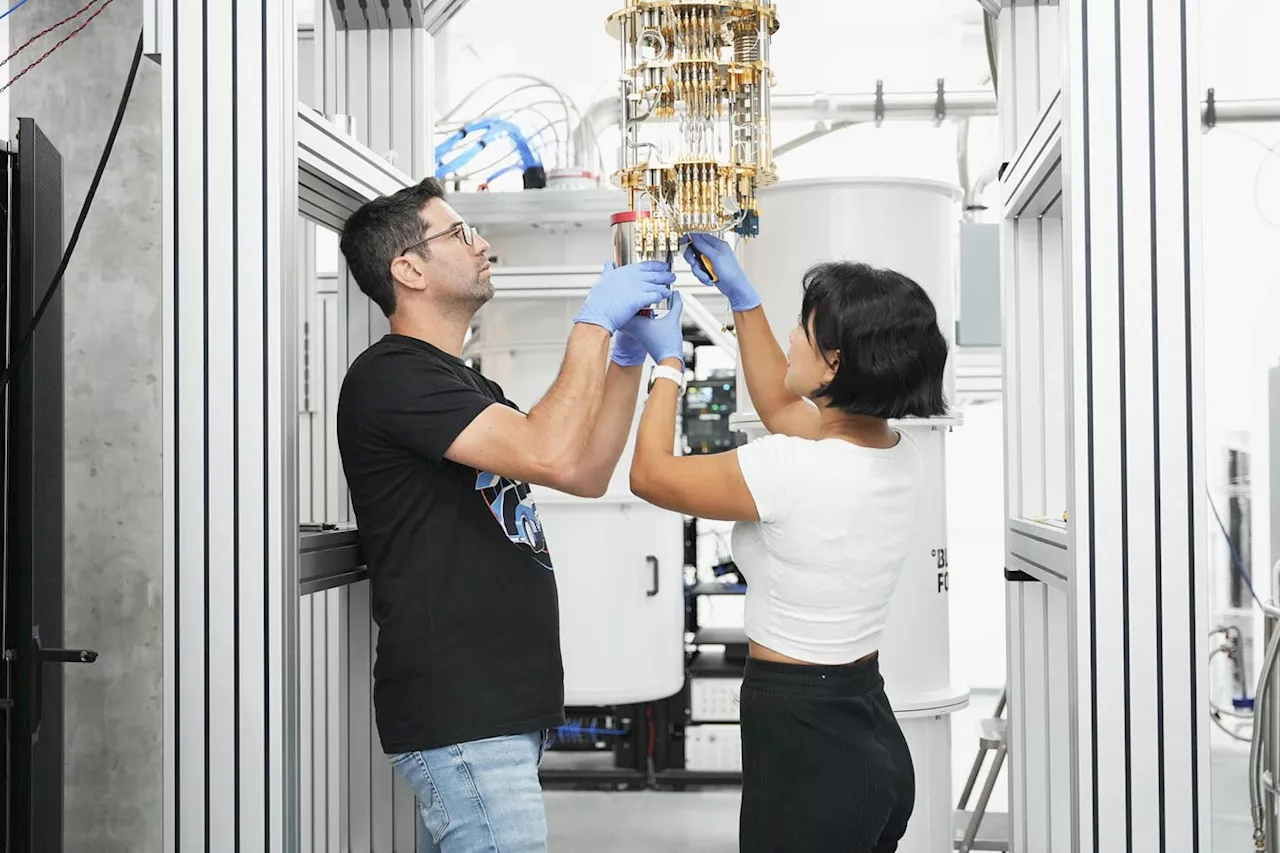 Nvidia, Rigetti, Quantum Machines Deliver AI-Powered Quantum ComputingQuantum Machines, Rigetti Computing, and Nvidia announced the successful application of AI to automate the calibration of a quantum computer.
Nvidia, Rigetti, Quantum Machines Deliver AI-Powered Quantum ComputingQuantum Machines, Rigetti Computing, and Nvidia announced the successful application of AI to automate the calibration of a quantum computer.
Read more »
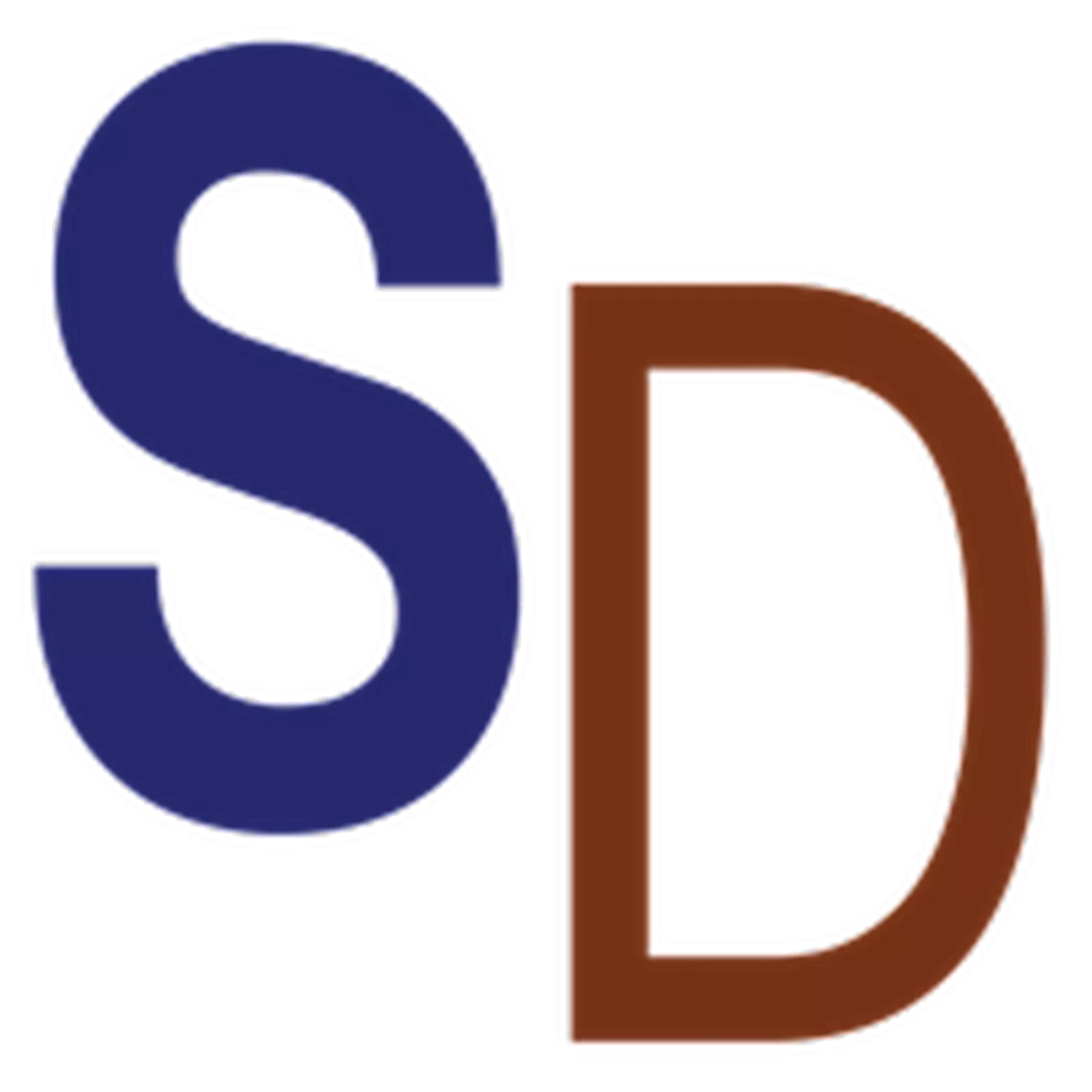 Advancing a trustworthy quantum era: A novel approach to quantum protocol verificationThe future of data security depends on the reliable application of quantum technology, but its widespread adoption requires rigorous verification. Researchers have developed a novel approach to verify quantum protocols, ensuring their reliability in safety- and security-critical applications.
Advancing a trustworthy quantum era: A novel approach to quantum protocol verificationThe future of data security depends on the reliable application of quantum technology, but its widespread adoption requires rigorous verification. Researchers have developed a novel approach to verify quantum protocols, ensuring their reliability in safety- and security-critical applications.
Read more »
BTQ Technologies Partners with South Korean Organizations to Advance Quantum InnovationBTQ Technologies, a global quantum technology company focused on securing mission-critical networks, has signed a Memorandum of Understanding (MOU) with South Korea's Future Quantum Convergence Forum (FQCF), Quantum Industrial Standard Association (QuINSA), and Future Quantum Convergence Institute (QCI). This collaboration aims to drive innovation and foster global cooperation in quantum technologies through initiatives in industrial standards, events, and industry-academic programs.
Read more »
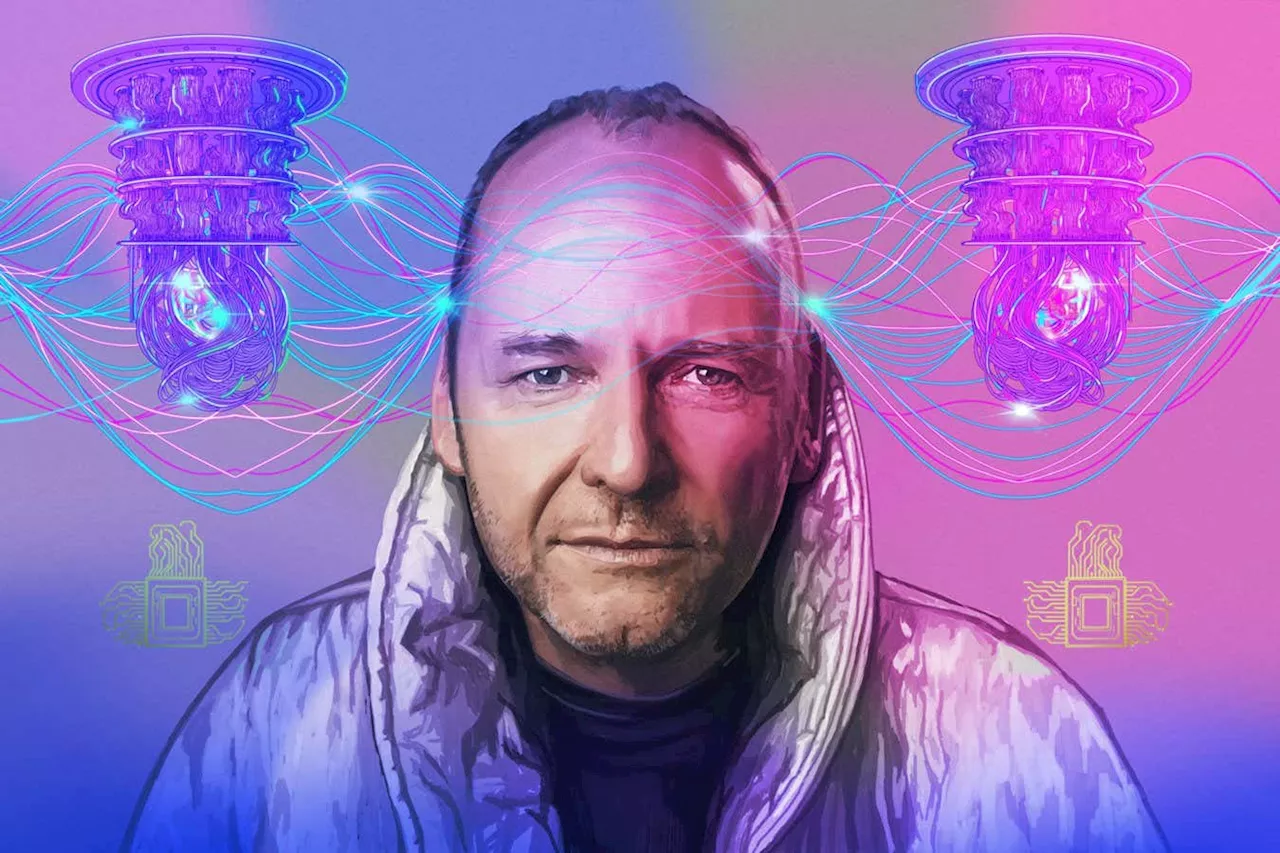 Can we use quantum computers to test a radical consciousness theory?Hartmut Neven, who leads Google's Quantum AI lab, wants to entangle our brains with quantum processors to test the idea that consciousness involves quantum phenomena
Can we use quantum computers to test a radical consciousness theory?Hartmut Neven, who leads Google's Quantum AI lab, wants to entangle our brains with quantum processors to test the idea that consciousness involves quantum phenomena
Read more »
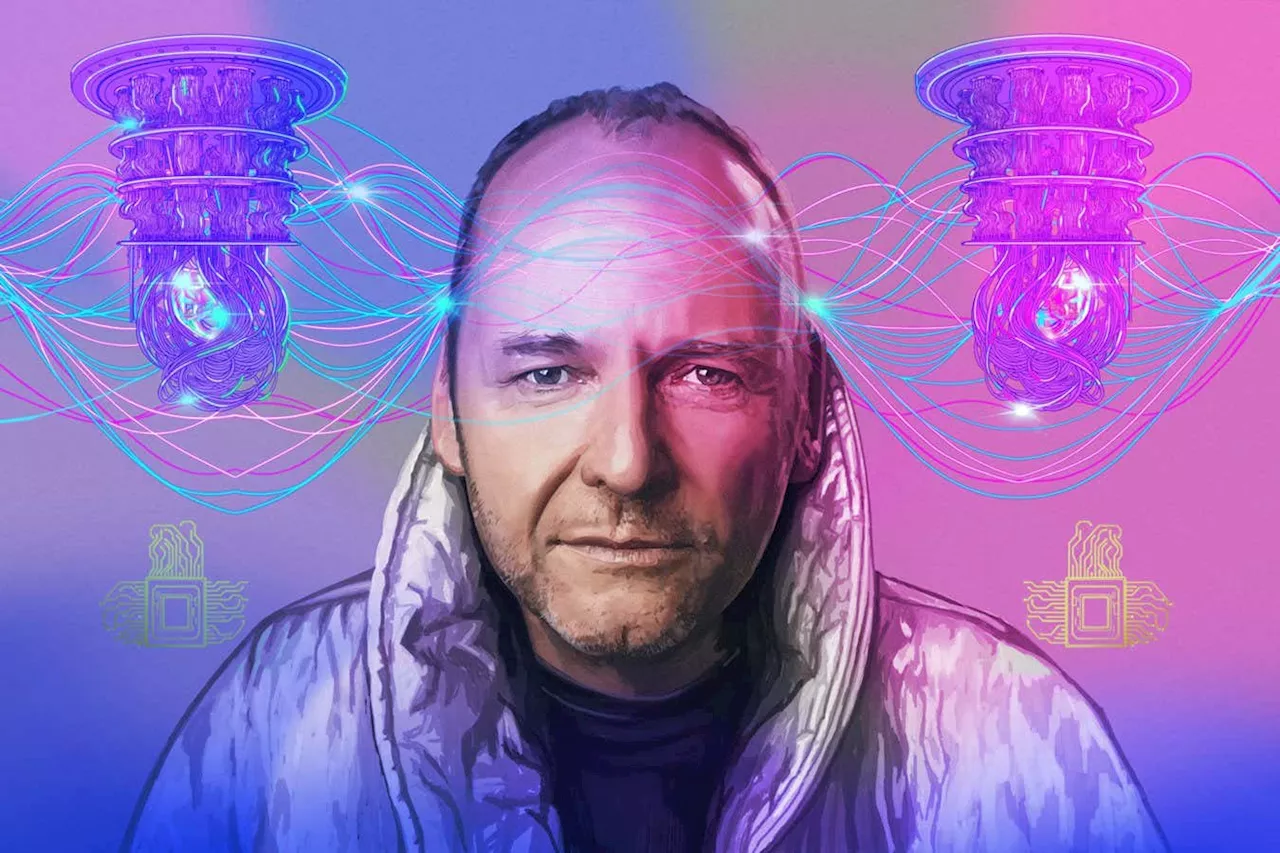 Can Quantum Computers Unlock the Mystery of Consciousness?Some scientists propose that moments of experience arise from quantum superpositions in the brain, but this theory lacks evidence. However, a growing group of researchers believe it's worth exploring. Leading quantum computing expert, Hartmut Neven, suggests that quantum computers might be able to test the idea of quantum consciousness.
Can Quantum Computers Unlock the Mystery of Consciousness?Some scientists propose that moments of experience arise from quantum superpositions in the brain, but this theory lacks evidence. However, a growing group of researchers believe it's worth exploring. Leading quantum computing expert, Hartmut Neven, suggests that quantum computers might be able to test the idea of quantum consciousness.
Read more »
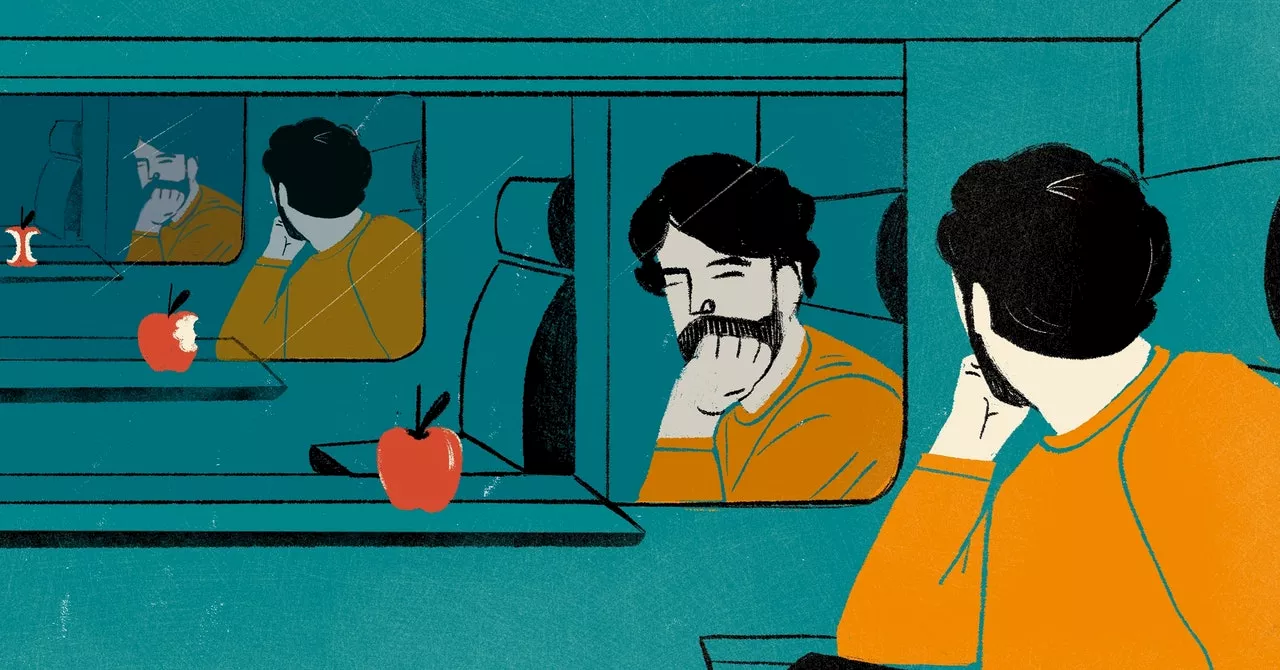 Quantum Physics Rethinks Reference FramesThis article explores the growing recognition in quantum physics of the importance of reference frames. Traditionally, quantum experiments assumed a shared reference frame for observers, but recent research suggests that quantum uncertainty and superposition necessitate a re-evaluation of this concept. The article highlights the implications of incorporating quantum theory into the description of reference frames, potentially leading to new insights into phenomena like superposition and entanglement.
Quantum Physics Rethinks Reference FramesThis article explores the growing recognition in quantum physics of the importance of reference frames. Traditionally, quantum experiments assumed a shared reference frame for observers, but recent research suggests that quantum uncertainty and superposition necessitate a re-evaluation of this concept. The article highlights the implications of incorporating quantum theory into the description of reference frames, potentially leading to new insights into phenomena like superposition and entanglement.
Read more »
